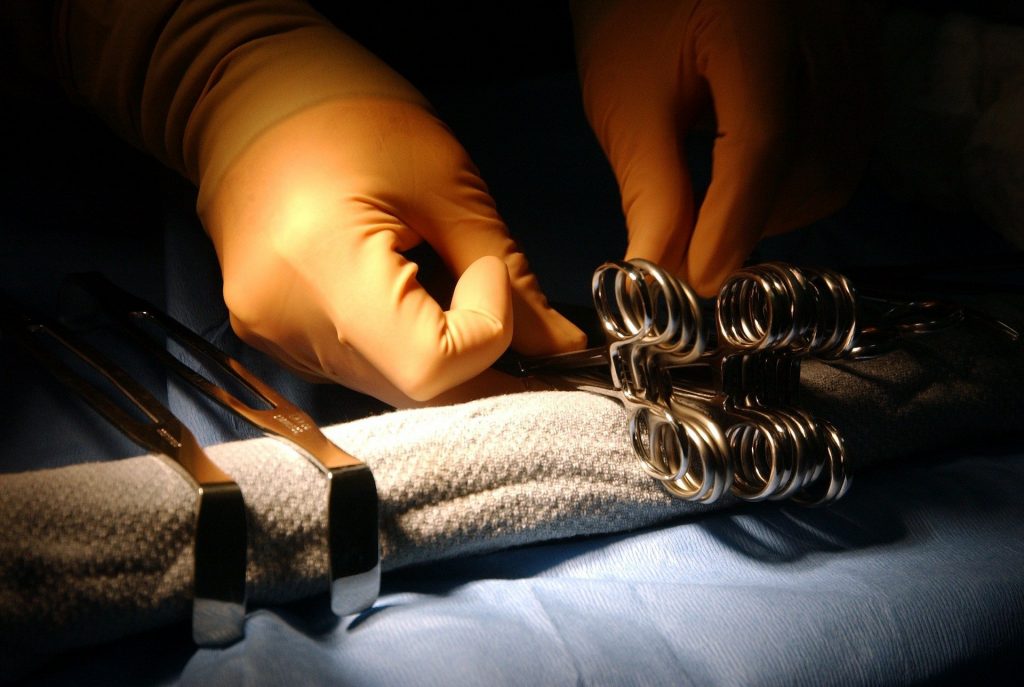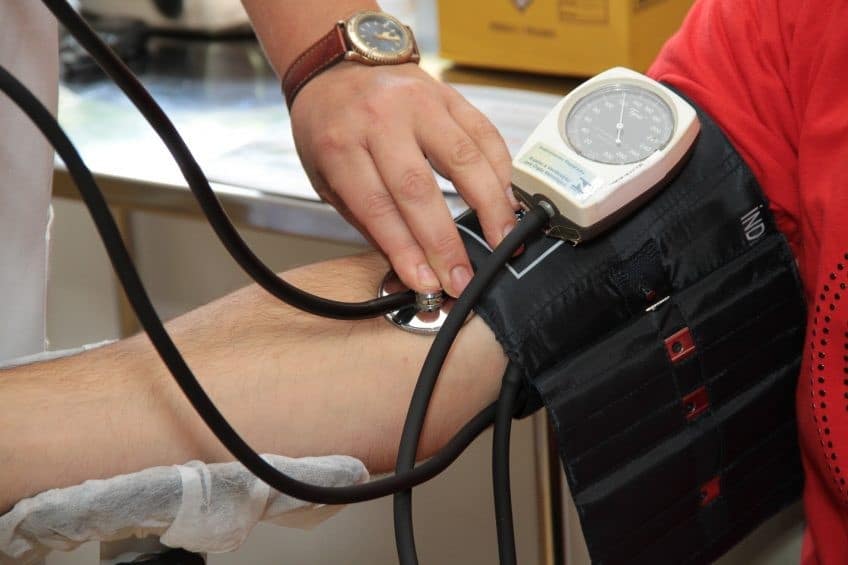Summary Judgment on Statute of Limitations for Medical Malpractice
Medical MalpracticeIn the case of Misty Mobley and Tavaris Sanders v. Homestead Hospital, Inc., Case Number 3D18-895 (Fla. 3rd DCA December 26, 2019), Florida’s Third DCA held that contacting an attorney and requesting medical records pursuant to section 766.204, Fla. Stat. is not sufficient to accrue a cause of action for medical malpractice. In other words, the cause of action does not accrue merely because the plaintiff possesses knowledge of a reasonable possibility of medical malpractice. Instead, the statute of limitations for a child’s injuries begins to run when the parents know of the injury.
Legal Analysis
The child involved in this case was born in 2009 and it was not until months later that the parents discovered that developmental milestones were being missed. Notably, the parents retained an attorney in 2010 who requested medical records from the defendant hospital. Thereafter, a NICA claim was attempted in 2011 but was unsuccessful in meeting the plan requirements.
In the meantime, none of the child’s doctors appeared to blame the child’s condition on medical malpractice until the pre-suit expert in the case gave an opinion in 2013.
After a lawsuit was filed alleging a wrongful birth claim, the hospital filed a motion for summary judgment alleging that there was no question of material fact that the statute of limitations had expired. The trial judge granted summary judgment in favor of the hospital and the Third DCA reversed.
Relevant Case Law To Help You
Generally speaking, the statute of limitation for medical malpractice in Florida is two years from the date of malpractice or within 2 years from the time the incident is discovered, or should have been discovered with the exercise of due diligence (See section 95.11, Fla. Stat.)
- Arthur v. Unicare Health Facilities, Inc., 602 So. 2d 596, 599 (Fla. 2d DCA 1992)( “[T]he limitations period for a child begins to run when the child’s parents (natural guardians) know of the child’s injuries…”).
- Cohen v. Cooper, 20 So. 3d 453, 455-56 (Fla. 4th DCA 2009)(the mere fact that a plaintiff becomes aware of a medical condition or suspects some wrongdoing is not sufficient to determine when the statute of limitations accrues)
- Thomas v. Lopez, 982 So. 2d 64, 68 (Fla. 5th DCA 2008)(suspecting wrongdoing has been held not to be enough)
However, despite what these cases say, you should be careful in that the statute of limitations in medical malpractice is usually very fact specific. You might think that your case is an exact fit to a reported case only to later have a judge rule against you. Despite what should be very simplistic, the issue of whether the statute of limitations in your medical malpractice case has run is often a much more complicated analysis.
Talk To A Lakeland Medical Malpractice Attorney
If you have questions about how the statute of limitations applies in your medical malpractice claim, you should contact Russo Law for answers. We offer a free consultation to help you determine whether the statute of limitations has run on your Florida medical malpractice case. Call us today to schedule your free consultation with a Lakeland medical malpractice lawyer.


